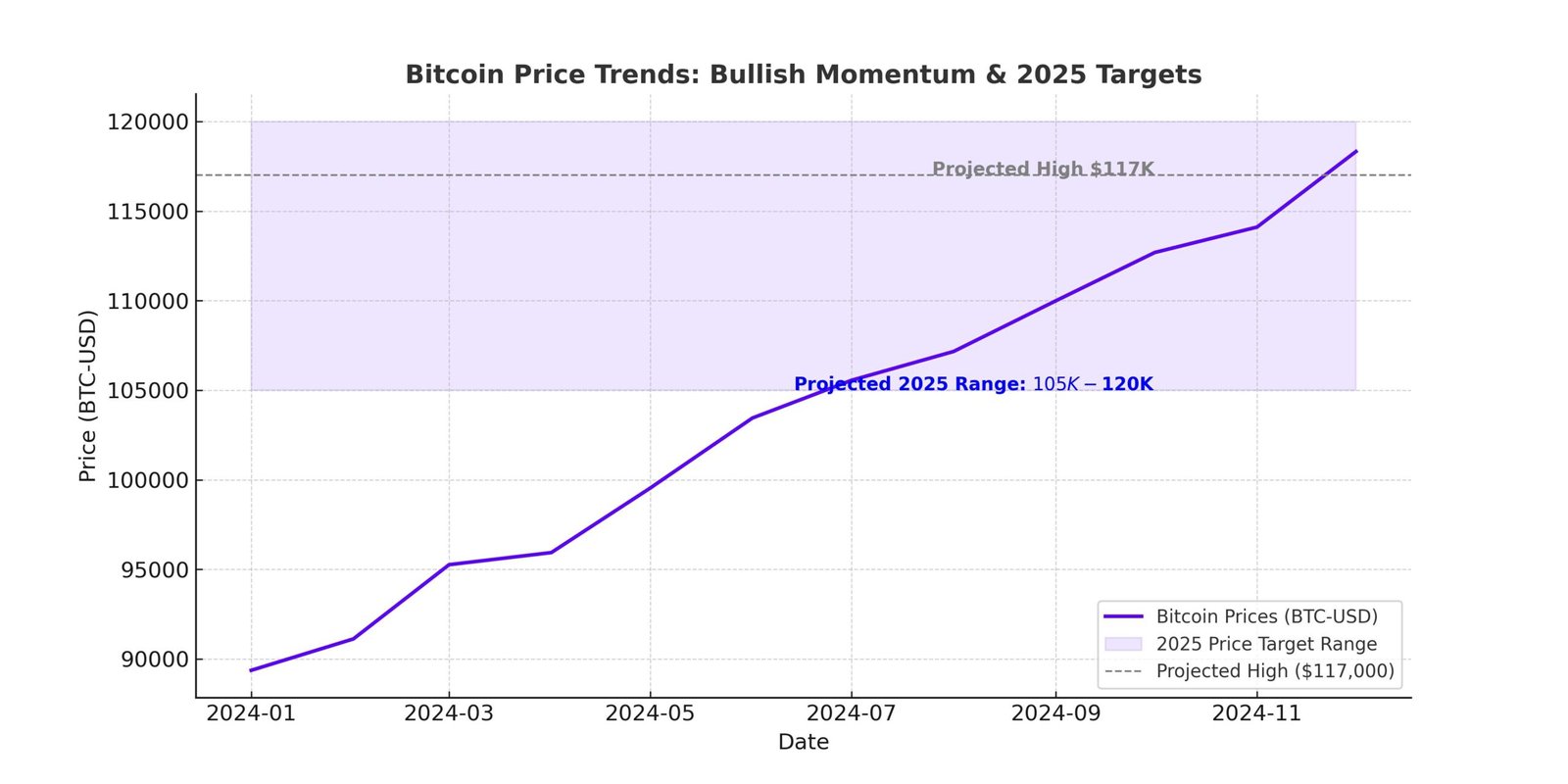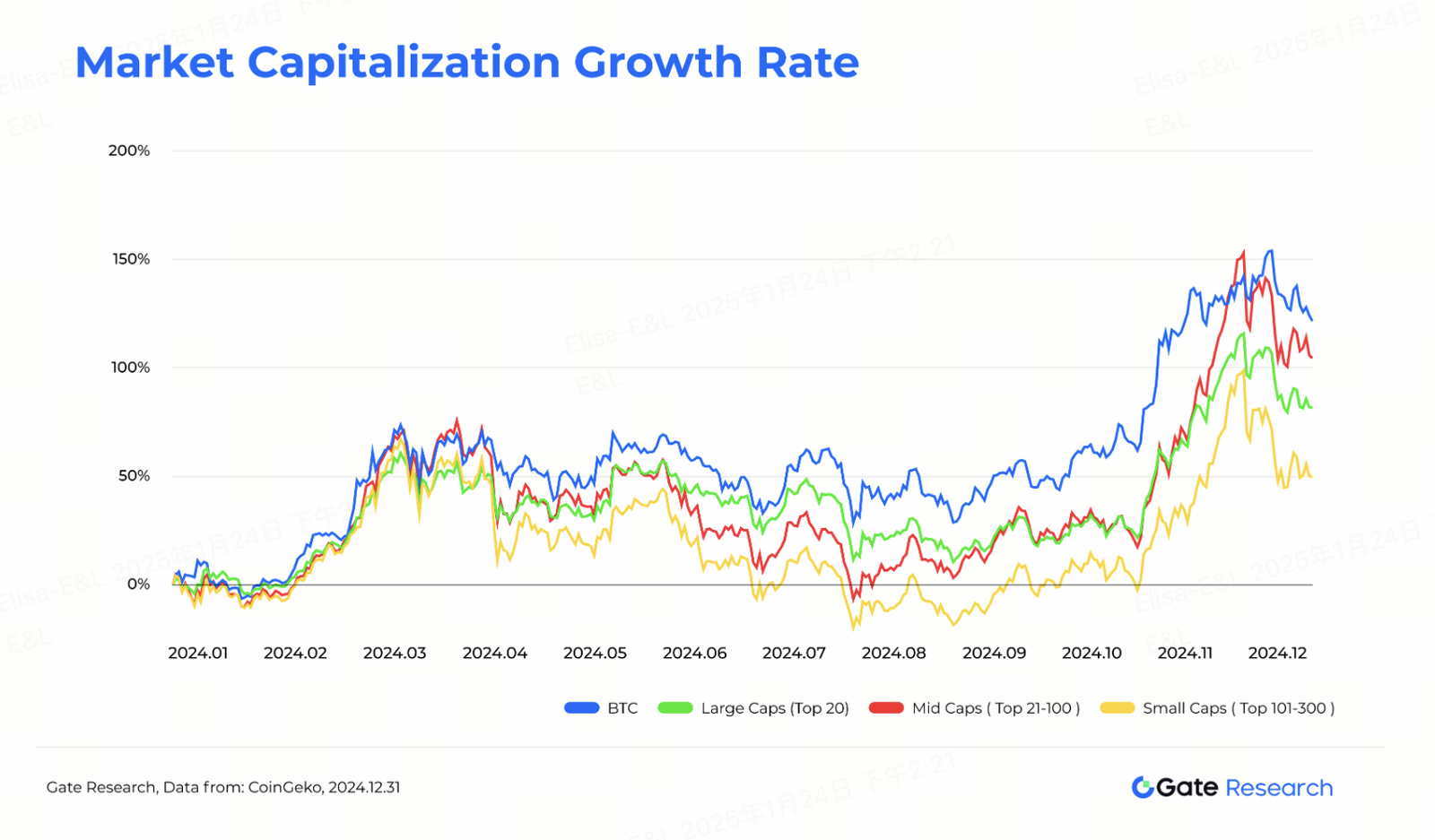Bitcoin – How BlackRock’s ETF Launch Transformed the Landscape of Investment

Bitcoin has steadily emerged as a formidable asset in the investment landscape, captivating the attention of institutional investors and retail traders alike. With BlackRock’s iShares Bitcoin Trust (IBIT) making headlines for its unprecedented launch, it has signaled a new era for Bitcoin investments. The groundbreaking success of this exchange-traded fund (ETF) showcases not only the potential of Bitcoin but also reflects a broader acceptance of digital assets among traditional finance players. This article delves into the critical aspects of IBIT’s record-breaking launch, its implications for Bitcoin, and how it represents a pivotal moment in the evolution of investment strategies.
The Journey of Bitcoin and ETFs

The journey of Bitcoin from a niche digital currency to a widely recognized asset class is nothing short of remarkable. Understanding the context behind the rise of Bitcoin and the emergence of ETFs provides insight into why BlackRock’s iShares Bitcoin Trust has become such a significant player.
Historical Context of Bitcoin

Since its inception in 2009 by an anonymous entity known as Satoshi Nakamoto, Bitcoin has been heralded as a revolutionary concept—a decentralized currency that operates without the need for traditional financial institutions. The restrictive nature of economic systems and the desire for individual financial sovereignty have fueled Bitcoin’s growth.
In the early years, Bitcoin was primarily utilized by tech-savvy enthusiasts, often dismissed by mainstream finance. However, the trend began shifting when organizations started recognizing the value of Bitcoin as a hedge against inflation and market instability. By 2017, Bitcoin had garnered significant media attention as its price surged to nearly $20,000, attracting a wider audience and a wave of speculation that would pave the way for more serious investment approaches.
The Emergence of ETFs

Exchange-Traded Funds (ETFs) revolutionized asset management by allowing investors to buy and sell shares on stock exchanges just like individual stocks. This accessibility aligns with the modern investor’s need for flexibility and transparency. However, creating a Bitcoin ETF proved challenging due to regulatory hurdles and skepticism surrounding the cryptocurrency’s legitimacy.
Efforts to launch Bitcoin ETFs date back to the early 2010s, with several proposals being rejected by the U.S. Securities and Exchange Commission (SEC). These rejections stemmed from concerns about market manipulation, lack of regulation, and the unique risks associated with cryptocurrencies. Nonetheless, persistent advocates within the industry fought for recognition, leading to landmark shifts in regulatory attitudes toward digital assets.
Key Developments Leading to IBIT

The landscape changed dramatically when Grayscale Investments achieved a significant victory in 2023 by overturning the SEC’s rejection of its application to convert a Bitcoin trust into an ETF. This judicial victory marked a turning point, signaling to the market that change was imminent. Soon after, BlackRock, a titan in the investment world with over $11 trillion in assets under management, entered the arena. Larry Fink, BlackRock’s CEO, shifted his perspective on Bitcoin, recognizing its potential as “digital gold” and positioning the firm to capitalize on this burgeoning asset class.
As regulatory waters began to calm and more institutions expressed interest in Bitcoin exposure, BlackRock’s move to launch IBIT became a watershed moment. In January 2024, once the green light was given, the stage was set for an explosive debut.
The Unprecedented Success of IBIT

The iShares Bitcoin Trust’s (IBIT) launch in 2024 shattered all expectations, rapidly climbing to a colossal size of over $50 billion in just 11 months. To put this in perspective, it surpassed many established European market-focused ETFs, some of which had been operating for more than two decades. This achievement demonstrates not only the appetite for Bitcoin among institutional investors but also the power of a brand like BlackRock in the financial markets.
Record-Breaking Performance

When we examine the performance of IBIT compared to other ETFs, the numbers are staggering. Historically, most ETFs take several years to reach substantial assets under management. However, IBIT managed to accumulate billions within months, redefining what is possible in the ETF marketplace. As Todd Sohn, managing director at Strategas Securities, noted, IBIT’s growth has dwarfed virtually all competitors, showcasing the unique allure of Bitcoin as an investment vehicle.
The swift ascent of IBIT indicates that Bitcoin has transitioned from being a speculative asset to a mainstream investment choice. Investors now view Bitcoin as a viable alternative to traditional assets, particularly during economic uncertainty. The inherent characteristics of Bitcoin—its scarcity, decentralization, and growing acceptance—provide a compelling argument for its role in diversified investment portfolios.
Institutional Adoption and Market Sentiment
The overwhelming success of IBIT can be attributed to a broader trend of institutional adoption of Bitcoin. Major investors have increasingly turned to Bitcoin as a hedge against inflation and geopolitical risk, leading to heightened demand for direct exposure through regulated vehicles like ETFs. BlackRock’s entry lent credibility to Bitcoin, dispelling fears and changing perceptions among skeptics.
Moreover, Bitcoin’s recent surge past the $100,000 mark further amplified its appeal. The psychological milestone not only instigated excitement among retail investors but also positioned Bitcoin favorably within institutional circles. The narrative around Bitcoin shifted from one of caution to embracing its potential for capital appreciation, thus providing fertile ground for products like IBIT.
Financial Implications of IBIT’s Success
The financial impact of IBIT’s launch extends beyond mere asset accumulation. At an expense ratio of 0.25%, IBIT is projected to generate roughly $112 million annually for BlackRock. These figures highlight the lucrative nature of managing a successful ETF, especially one tied to a high-demand asset like Bitcoin. As more investors seek exposure to Bitcoin, IBIT stands poised to continue generating significant revenue, benefiting both investors and the firm itself.
Beyond revenue, IBIT’s launch serves as a catalyst for innovation in the ETF space. Competition among firms is expected to intensify, prompting developments aimed at attracting Bitcoin-focused investors. As new Bitcoin ETFs are introduced, fee structures and offerings may evolve, ultimately providing consumers with more choices while propelling Bitcoin further into the mainstream.
The Broader Impact on Bitcoin and Financial Markets

BlackRock’s successful launch of IBIT represents much more than just a record-setting ETF; it signifies a shift in how Bitcoin is perceived within the broader financial ecosystem. Its arrival has the potential to impact trading behaviors, investment strategies, and regulatory frameworks surrounding cryptocurrencies.
Shift in Investor Mindset
One of the most notable effects of IBIT’s launch is the transformation in investor perception of Bitcoin. Traditionally viewed with skepticism by many institutional players, Bitcoin is gradually being embraced as a legitimate investment class. The participation of an established entity like BlackRock validates the asset’s staying power and opens the door for other institutional investors to follow suit.
This shift in mindset has profound implications for the future of Bitcoin. Once solely the domain of early adopters and tech enthusiasts, Bitcoin is now capturing the attention of mainstream investors looking for diversification opportunities. As institutional adoption increases, the volatility historically associated with Bitcoin may begin to stabilize, fostering an environment conducive to long-term investment.
Regulatory Framework Evolution
The path to a spot-Bitcoin ETF has revealed a willingness on the part of regulators to adapt to the changing landscape of finance. BlackRock’s entry and the success of IBIT have urged authorities to reconsider their stance on cryptocurrencies, potentially paving the way for clearer regulatory guidelines.
Such developments could unify the fragmented regulatory environment surrounding digital assets, encouraging a more structured approach to cryptocurrency trading and investment practices. A transparent framework not only benefits institutional players but also instills confidence among retail investors, thereby bolstering the overall market.
Ripple Effect on Other Cryptocurrencies
With Bitcoin taking center stage, the success of IBIT may prompt renewed interest in other cryptocurrencies. Ethereum, Solana, and various altcoins could benefit from increased investment flows as traders explore alternatives to Bitcoin. The liquidity and visibility brought about by IBIT can lead to expansion across the cryptocurrency market, incentivizing innovation and the development of new financial instruments.
While Bitcoin remains the dominant player, the introduction of competitive financial products could create a multi-asset investment landscape where cryptocurrencies find their place alongside traditional assets. This broadening of options will cater to diverse investor preferences and risk appetites.
The Future of Bitcoin and Institutional Investing

Looking ahead, the future of Bitcoin appears bright, especially in the wake of BlackRock’s groundbreaking ETF launch. The long-standing debate regarding Bitcoin’s legitimacy as an asset class has shifted toward acceptance, while institutional participation continues to grow unabated. Yet, navigating the complexities of this evolving landscape requires a thorough understanding of emerging trends and potential challenges.
Continued Institutional Investment
As the world’s largest investment manager, BlackRock’s influence cannot be overstated. Other financial institutions are likely to evaluate their own positioning concerning Bitcoin in light of IBIT’s success. This could lead to a wave of new Bitcoin-related products entering the market, including futures contracts, options, and additional ETFs designed to meet varying investor needs.
The influx of institutional capital is expected to bolster Bitcoin’s price stability and liquidity, enhancing its appeal as an asset class. Furthermore, as more entities allocate portions of their portfolios to Bitcoin, the narrative of Bitcoin as “digital gold” will gain traction, solidifying its place within traditional investment strategies.
Evolving Investment Strategies
The introduction of Bitcoin as a mainstream investment option necessitates a reevaluation of traditional investment strategies. Many asset managers may look to incorporate Bitcoin into diversified portfolios to hedge against inflation or economic downturns. As Bitcoin’s correlation with conventional assets continues to evolve, investors must assess the role it plays within their overall asset allocation.
While diversification is key, risk management will become increasingly important as well. Traditional investors may be unfamiliar with the nuances of cryptocurrency investing, requiring education and strategic planning to navigate this volatile landscape effectively. Firms may leverage technology and data analytics to inform their investment decisions while integrating Bitcoin exposure into their offerings.
Potential Challenges Ahead
Despite the promising trajectory, challenges remain on the horizon. Regulatory ambiguity continues to loom, with potential changes in policies impacting both Bitcoin and the associated financial products. It is crucial for stakeholders to engage constructively with regulators to shape a favorable environment that fosters innovation while ensuring investor protection.
Additionally, competition among ETFs will likely increase, resulting in fee compression and innovation in product offerings. Established players must differentiate themselves to retain market share, while new entrants will complement the existing ecosystem and contribute to the maturation of the market.
Conclusion

BlackRock’s iShares Bitcoin Trust (IBIT) has become a defining moment in the history of Bitcoin and financial markets. Its record-breaking launch illustrates not only the unquenchable thirst for Bitcoin among investors but also signals a paradigm shift in the acceptance of digital assets. As institutional involvement grows and regulatory frameworks evolve, Bitcoin is poised to cement its position as a legitimate asset class. The transformative nature of IBIT underscores the potential for further innovation and expansion in the cryptocurrency realm, paving the way for future generations of investors to embrace this revolutionary asset.








